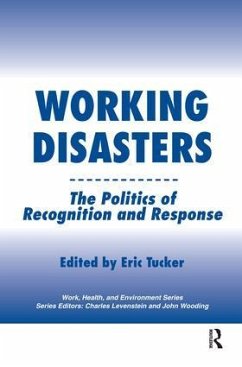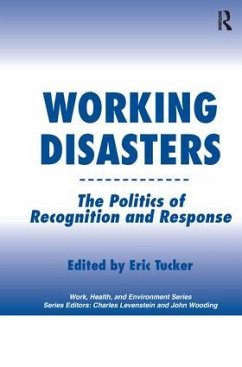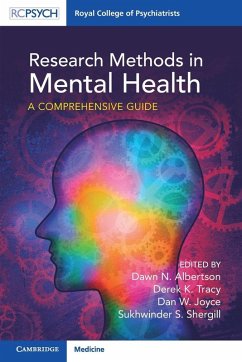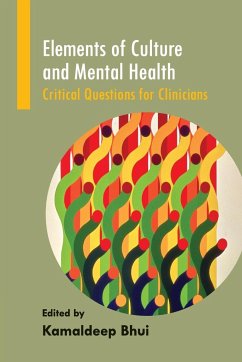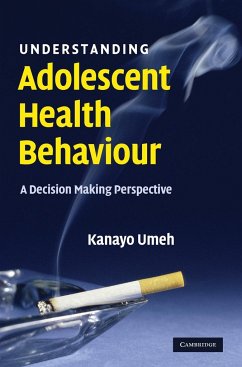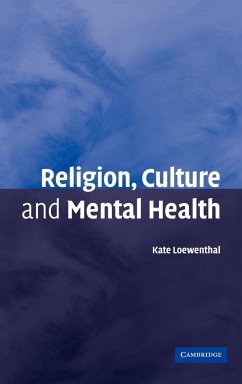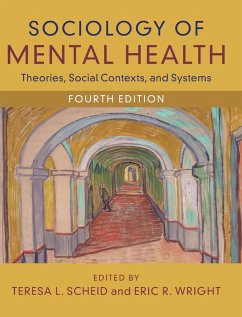
Mental Health and Disasters
Versandkostenfrei!
Versandfertig in 1-2 Wochen
179,99 €
inkl. MwSt.
Weitere Ausgaben:

PAYBACK Punkte
90 °P sammeln!
This book is the definitive reference on mental health and disasters, focused on the full spectrum of psychopathologies associated with many different types of disasters.





